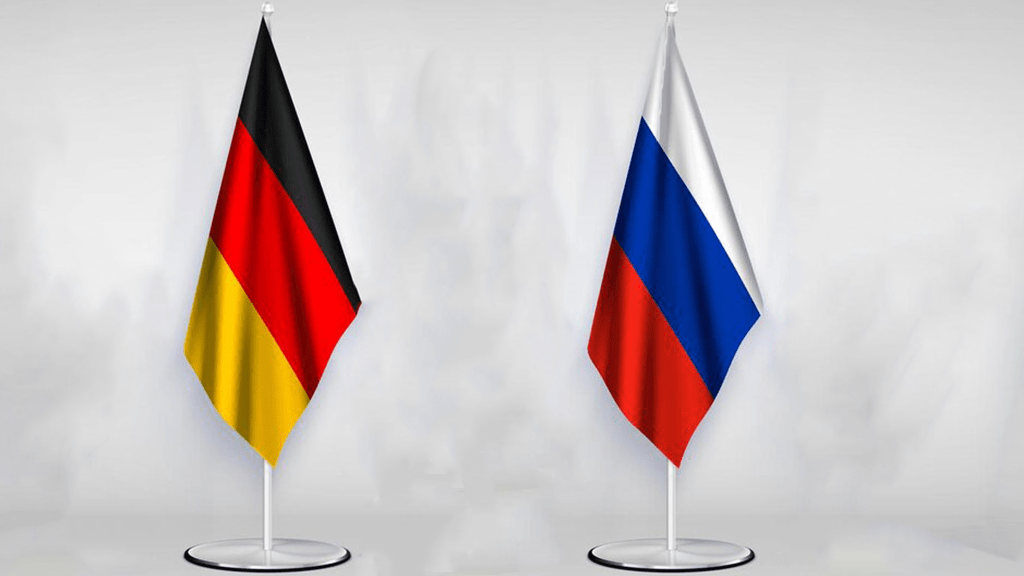
Why Skills-First Leadership Is Replacing the Ivy League Playbook in the C-Suite
The old prestige pyramid—where Ivy League degrees and blue-chip consulting backgrounds paved the way to the CEO seat—is cracking.

April 08, 2025: France and Germany are delaying progress on the European Union’s proposed digital identity wallet, citing unresolved concerns over data sovereignty, implementation architecture, and regulatory control. The European Digital Identity (EUDI) initiative, designed to provide citizens with a secure, interoperable digital ID across all 27 EU member states, faces pushback from the bloc’s two largest economies during final-stage negotiations.
Officials in Paris and Berlin have raised objections to the wallet system’s technical structure, particularly the degree of centralized credential management and its alignment with national identity infrastructure. French authorities have insisted on retaining strict control over citizen data access and authentication protocols, while Germany has expressed concern over interoperability standards and potential conflicts with its existing ID framework.
The proposal championed by the European Commission would require all member states to issue digital identity wallets that can store and verify government credentials, banking access, health records, and professional qualifications, with full mutual recognition across borders. The wallet would also be usable for e-signatures, age verification, and online access to public and private services.
France and Germany have not opposed the principle of digital ID but are seeking amendments to limit third-party data access and clarify the legal status of wallet providers under the GDPR and eIDAS 2.0 frameworks. Berlin has requested additional safeguards against commercial exploitation of user data by platform intermediaries.
The delay threatens to push back the EU’s 2026 target for full deployment, which is tied to digital transformation goals under the Digital Decade strategy. Industry stakeholders, including fintechs, cybersecurity firms, and mobile operators, are urging resolution, warning that continued uncertainty could stall private sector investment in wallet-integrated services.
The Commission has signaled openness to revising parts of the regulation to address member state concerns but insists that a minimum interoperability and security baseline must be preserved to prevent fragmentation. Negotiations continue under the Belgian presidency of the Council of the EU, with a final text expected to be tabled before the summer.

The old prestige pyramid—where Ivy League degrees and blue-chip consulting backgrounds paved the way to the CEO seat—is cracking.

Loud leaders once ruled the boardroom. Charisma was currency. Big talk drove big valuations.

But the CEOs who make history in downturns aren’t the ones with the deepest cuts

Companies invest millions in leadership development, yet many of their best executives leave within a few years. Why?

The most successful business leaders don’t just identify gaps in the market; they anticipate future needs before anyone else.

With technological advancements, shifting consumer expectations, and global interconnectedness, the role of business leaders

Following a distinguished Law Enforcement career Joe McGee founded The Securitatem Group to provide contemporary global operational specialist security and specialist security training products and services for private clients, corporate organisations, and Government bodies. They deliver a wide range of services, including complete end-to-end protection packages, close protection, residential security, protection drivers, and online and physical installations. They provide covert and overt investigations and specialist surveillance services with a Broad range of weapons and tactical-based training, including conflict management, risk and threat management, tactical training, tactical medicine, and command and control training.

Jay Wright, CEO and Co-Owner of Virgin Wines infectious energy, enthusiasm, passion and drive has been instrumental in creating an environment that encourages talent to thrive and a culture that puts the customer at the very heart of every decision-making process.

Fabio de Concilio is the visionary CEO & Chairman of the Board at Farmacosmo, a leading organization dedicated to mental health and community support services. With a deep commitment to identifying and meeting customer needs, Fabio ensures that high standards are maintained across the board.

Character Determines Destiny – so said Aristotle. And David CM Carter believes that more than anything else. For David, it has been numerous years of research into codifying Entelechy Academy’s 54 character qualities that underpin everything he stands for as a leader and teacher.


Leave us a message
Subscribe
Fill the form our team will contact you
Advertise with us
Fill the form our team will contact you